Teaching English in Turkey – Learning Curve Pt II
Not being sure when and if we were to be paid, we continued on our quest to begin teaching English in Turkey. First there was a little matter of the speaking exams to get through!
… As the week progressed we tried to get further details about our teaching duties, to no avail. Although the academic year had officially started, classes at the School of Foreign Languages hadn’t. There were few teaching staff on the premises, but we said hello to whomever we could in the hopes of making friends and getting more information.
The floor where my office was located mainly housed the younger, unmarried generation of teachers. They were predominantly young women in their twenties, who in the first few weeks all seemed to blur into the one person. Fat or thin or in between, they all had immaculate hairstyles, thinly arched eyebrows and outfits that identified them as teachers. No one wore short skirts, and most of them wore high heels.
In between trying to get to know the teachers we went and sat in on speaking exams. Hilal had explained that all the new students were assessed through a written English exam held the previous week, and then through an oral exam to determine which level they should be in.
On the day of the speaking exams we were put into the hands of a teacher called Emil. Emil spoke fabulous English with a marked American accent, drawling in a way that matched his somewhat distracted state. He told us he’d been educated at Robert College High School, which had been established by missionaries in the late nineteenth century. When the republic was founded in 1923 and a constitution written, proselytising was banned but the missionaries were allowed to stay on as secular educators. These days Robert College is an elite private high school providing a top-notch education.
It turned out Emil was the general coordinator of both B and C groups, but we were unable to find out much about the teaching structure from him. He was in the middle of writing a thesis for his PhD, but apart from telling us he was looking at student motivation, we never really did find out what he was trying to discover. As well as meeting him, we were introduced to two other teachers we hadn’t met before. They were a tiny, friendly birdlike woman called Perihan and a statuesque brunette called Elif.
Emil was teamed with a man called Mustapha, the fourth man of that name we’d met to date, whom we promptly nicknamed ET on account of his receding hairline and slightly bulging eyes.
After brief introductions we split up and headed to where the speaking exams were to be held. Expecting a lecture hall similar to those I’d sat in during my university days, I was surprised to see a small basic white room complete with peeling paint, tatty net curtains and chairs with a writing square attached to one arm. They were all lined up in rows like in a high school classroom. Emil directed some of the students to move most of the chairs to the back of the room. They did so by dragging them noisily across the linoleum covered floor, leaving only one chair in front of the desk where the two examining teachers were to sit.
All the candidates were milling anxiously outside the room, and the volume level was already high. The first student bounced into the room and into the seat in front of the examiners before nervously nodding hello.
“Hello, how are you?” asked Emil in English, in a soft and rapid voice.
“Fine and you?” replied the student.
“Fine, can I see your ID please?” Emil continued.
“Pardon?” responded the student with a Turkish inflection, frowning worriedly.
“Your ID, your student card?” repeated Emil impatiently.
“I’m sorry, what?”
“Your identity card,” said Emil, making a rectangular shape with his hands. After nervous knee jerks and desperate looks round the room, the student finally bounced back on to his feet and fished out his ID from his wallet.
“Thank you Murat. You can sit down. So, you’re in the Engineering Faculty?”
“Yes.”
“Well, can you tell me about yourself?” After a long pause the boy responded.
“I’m sorry, I don’t understand.”
“Can you tell me about yourself, where you’re from, your family . . .,” The boy was able to give basic information, but as the exams continued it became harder to focus on what the students were saying. Most were only able to answer the simplest of questions, and had to be repeatedly prompted for more information. All the while the collective level of anxiety continued to rise, and along with it the amount of noise out in the corridor.
A very few of the candidates had really good English but the rest were just so nervous it seemed impossible to judge their levels. Each student had about five minutes to prove their worth and at times it was nearly impossible to hear them. At the end of two hours Emil and ET had assessed forty students and would return for more after lunch. I was exhausted and I’d only been observing so I didn’t know how they could manage.
During the break, while having coffee with Emil in his office, I asked him a question that had been bothering me.
“Emil, some of the students look quite old. I thought the school was only for students entering first year.”
“Yes, that’s right,” he said, but offered nothing more.
“Well, if they’re first year students, some of them seemed a little bit old to just be starting university. Is the exam held so that they can enter this department?” I persisted.
“Yes, it is. But it is also a general proficiency exam.”
“A general proficiency exam for what?” I asked, still confused.
“Some of them just finished school last June. Before they can go to their faculties they have to do this exam. If they pass, they go to their faculties. If they don’t they do a year of preparatory English here. The others are students who have failed their year here,” he explained.
“How many times can they fail the exam? What’s the limit?”
“There is no limit. Some of them may have studied English here years ago. Some of them have already finished in their faculties but cannot graduate until they pass this exam.” Kim and I exchanged looks and then sat in silence for a while. Finally Kim asked,
“What’s the pass mark?” We were stunned to learn that they only needed to get 50% in every subject in order to graduate with a degree. Kim mused, “Even with such a low pass mark, they don’t pass?”
“Why,” I asked Emil, “do some students take so long to graduate? Don’t they need their degrees to get the better paying jobs?”
“Well of course they do”, he said. “But many of them get jobs with their fathers or friends of the family. If they don’t work they can live at home. For the boys, some of them don’t want to pass this exam. If they don’t pass they can’t graduate, and if they don’t graduate they can’t be made to do their military service.
On the other hand, some of the older ones are desperate to pass. Maybe they want to get married and they want to finish their army time first. Others are getting too old to avoid the army, and if they don’t have a degree they’ll do 18 months in the army instead of the 8 months graduates do.”
Of course, a lot of things have changed in the education system since then, and I have a lot more experience of both teaching English in Turkey and elsewhere. What hasn’t changed is my love of teaching and how it rewards me. If just one of the hundreds of students I have taught can change their life and have greater opportunities as a result of learning English from me, then I know I have done something worthwhile.
Thinking about teaching English in Turkey?
If you’re thinking of teaching English overseas it pays to do you homework. Here are a couple of books I can highly recommend.
Teaching English Abroad 2016 (Paperback) – Susan Griffiths
Teaching English as a Second Language (Kindle) – Kathleen Strauss
Teaching English as a Foreign Language for Dummies (Paperback) – Michelle Maxom
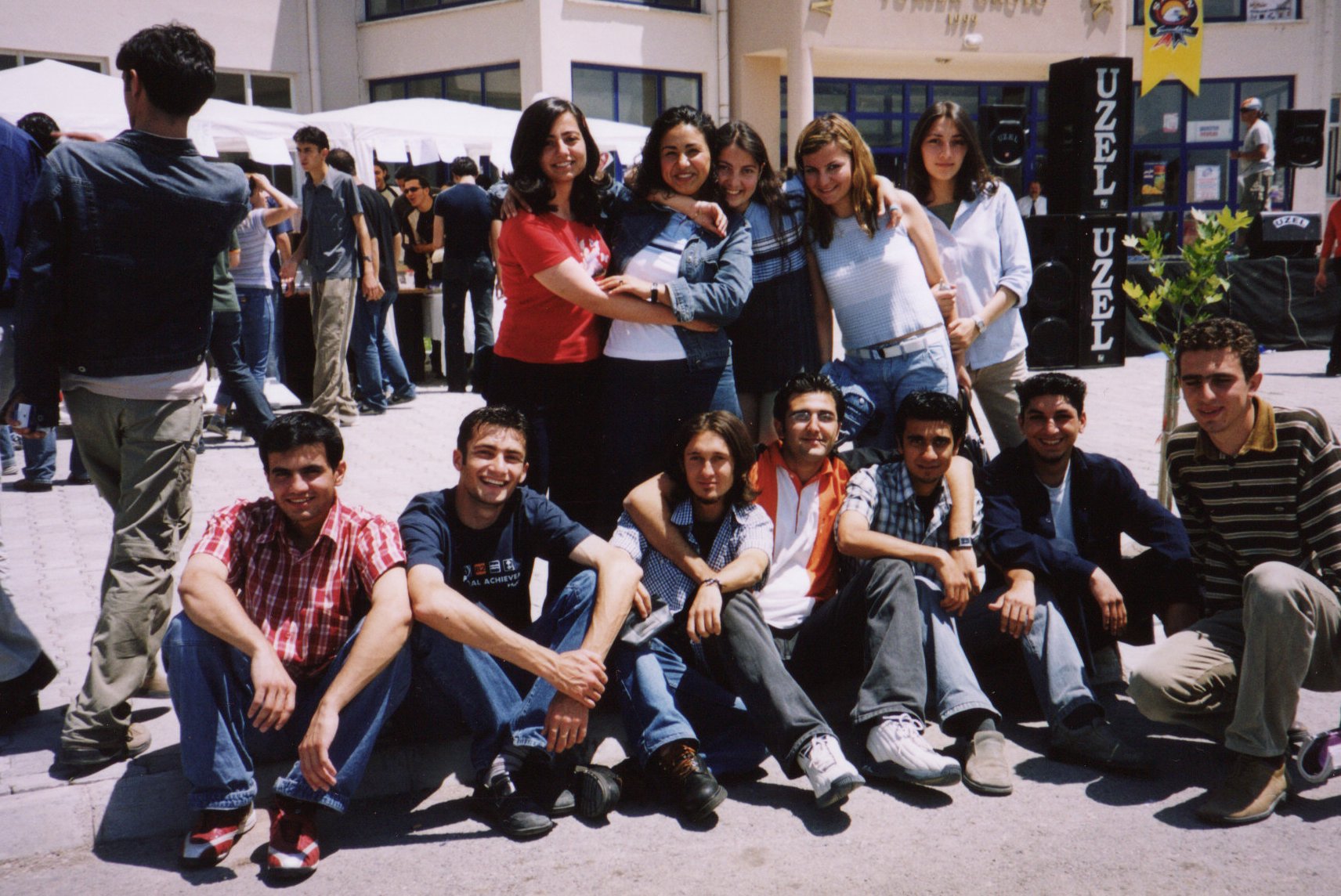
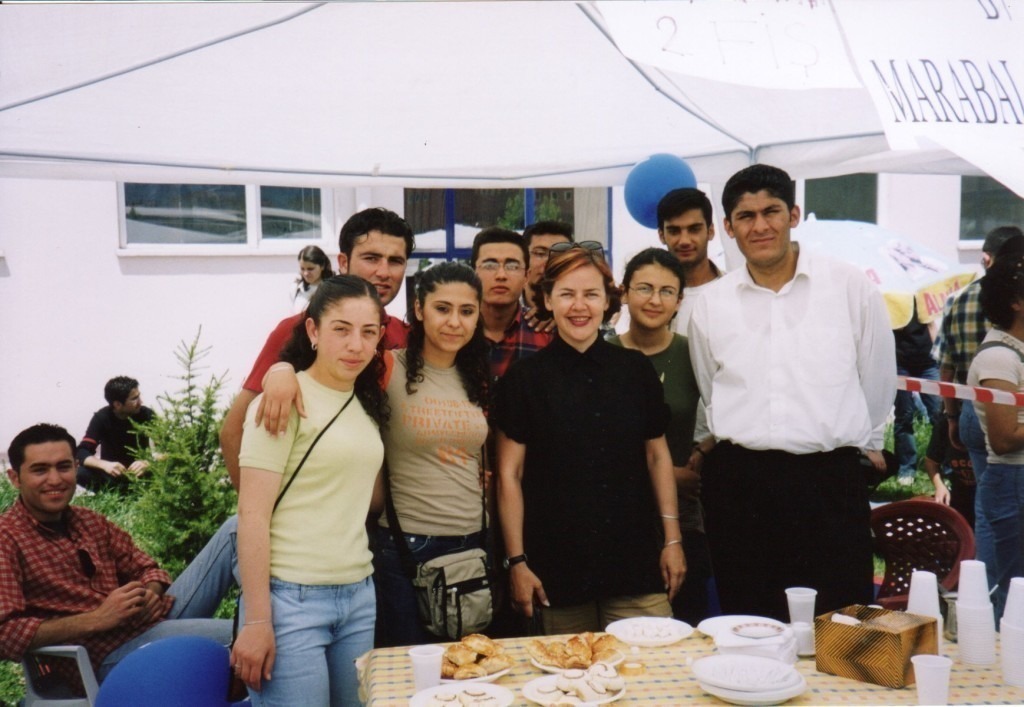
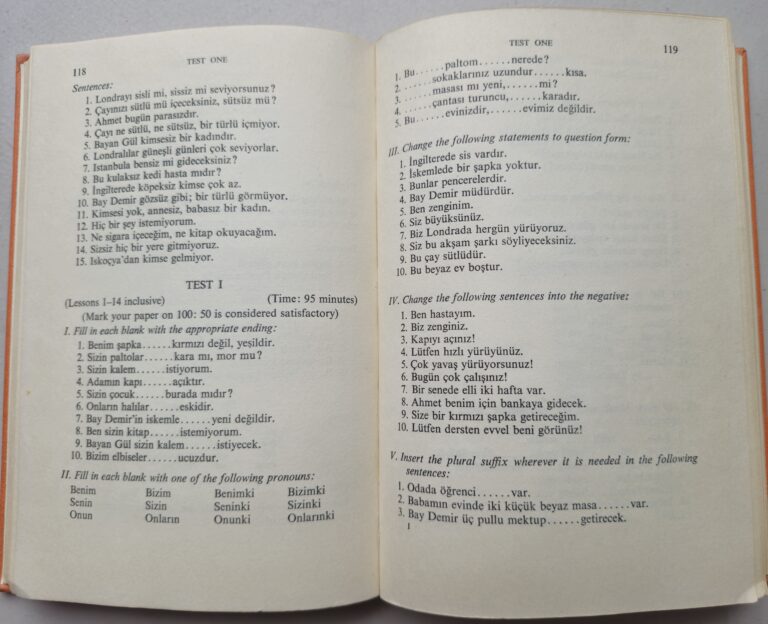
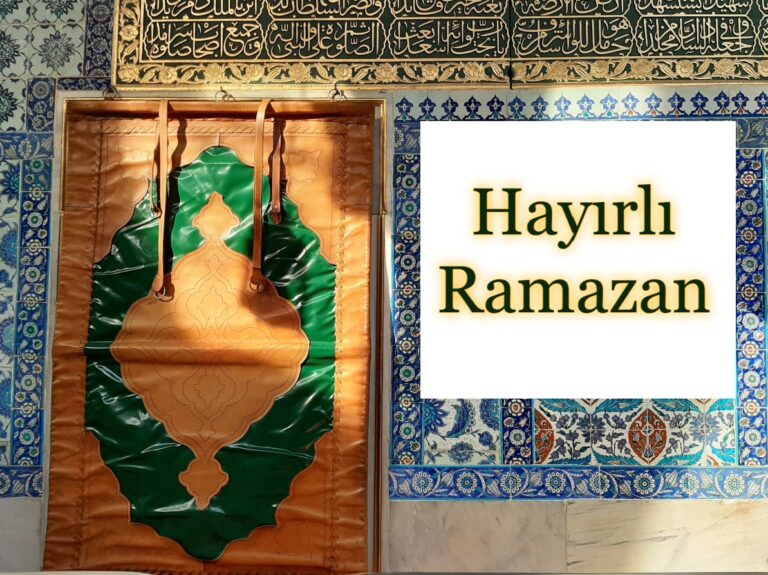



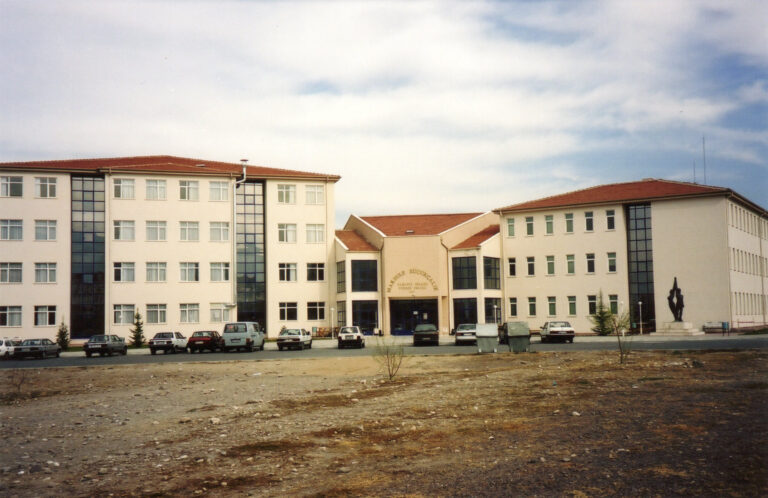
As a member of this class seen on photo I would like to talk.
I absolutely agree with Lisa. It was a nightmare for most of the students.Everybody was talking about how it is hard to pass this exams. The system is changed and you can pass with less effort now. How do I know ? My cousin did last year!
The atmosphere of examining room seemed as an interrogation room to me.We were not familiar to these kind of exams before. My examiner was Dana. She is an Australian lady. You know. I passed written one but Dana spoke to me in her native accent.I spoke but I couldn’t understand her quite well. Some other guys encountered with Turkish examiners. Even I had been a private-mid school graduated student I couldn’t pass it. I was so nervous and my dad insisted me to register this School of Foreign Lang.
As far as I’m concerned, we were under a redundant pressure even though I didn’t care. I was just adapting Kayseri and campus life.
My dad,
My dad just respects English as a foreign lang. Because some guys at his working-area know English and it really helps. This notion affected me during all my education life. I passed High School exam and I could go Çankaya Anadolu Lisesi but my father didn’t let me go, because the school requires one year mandatory German preparation class. I went to a regular high school then.
When I was university,it was similar, I passed some exam to go Warsaw,Poland or Zaragoza University ,Spain regarding to Erasmus programmes. But my father said that in these countries the native tongue is not English.So I stayed in Turkey. Maybe I’ll be always regretful for that. But interestingly I see that my father’s decisions are always become true at the end. I don’t know how but that is it.
New Kayseri,
A few month ago I went to Göreme (my hometown) and visited Kayseri with my family to tour around. I noticed that many things in Kayseri have changed.Such as ; the traffic is heavier, a new stadium, new shopping malls , tramway goes many places.It goes even to University. One of most surprising thing for me was the trees. More than 6 years passed and the oak and elm trees are taller now.It was fabulous. But I couldn’t park my car somewhere, there are many barriers at entrances.
As a Life Student,
My English is not still perfect as you see from this text, but I can express myself to other company representatives somehow.My father is right.English helps today! While I’m writing this post I’m writing an email to Arabs in English as well.
In my religion we are students from crib to grave and there are some milestones. School of Foreign Lang. was one of them and I would like to thank on and on to my teachers Mrs.Yeşer, Mrs.Sevgi and Mrs.Lisa. I always feel lucky as being one of your student.
p.s: mid school is after 5 year primary school we had 3 years mid school. It is different now. (Edu. system is always changing in Turkey).I attended one year prep. class before mid-school(Frontrunner-Oxford’s book),my classes were in English there but I lost my English in a regular High School.
Kind Regards !